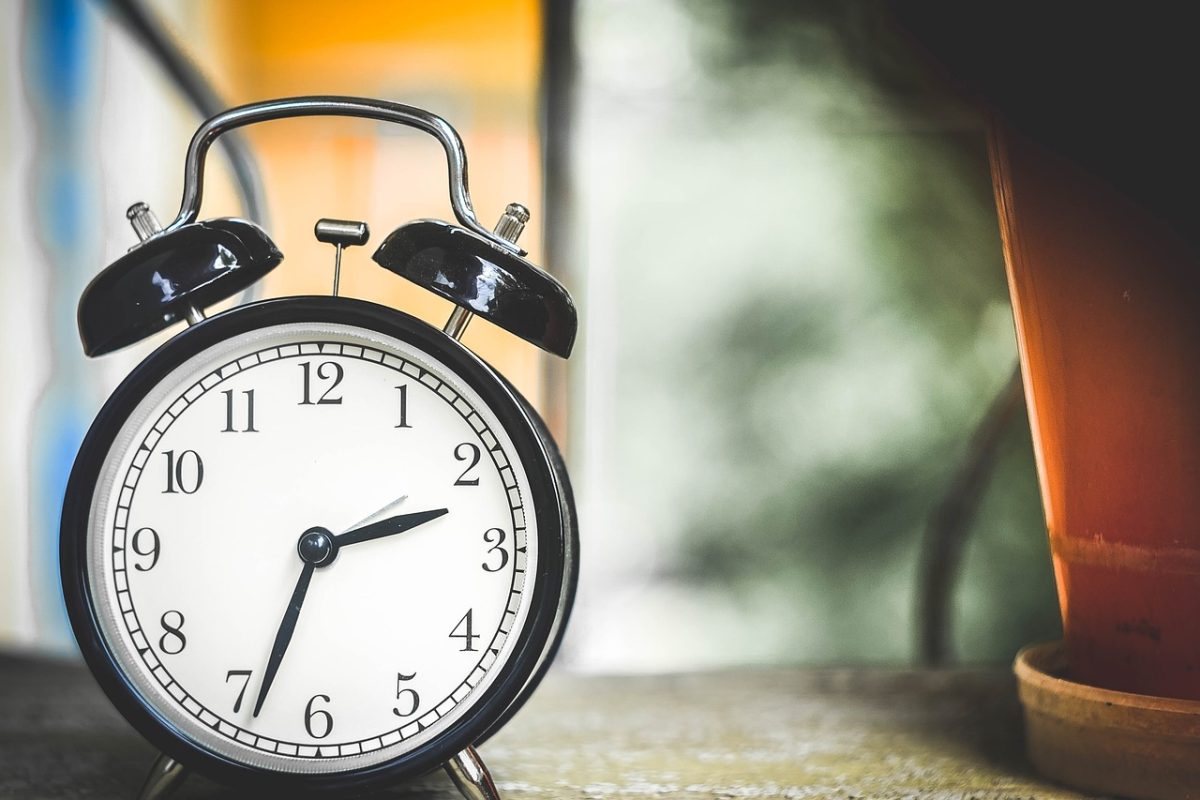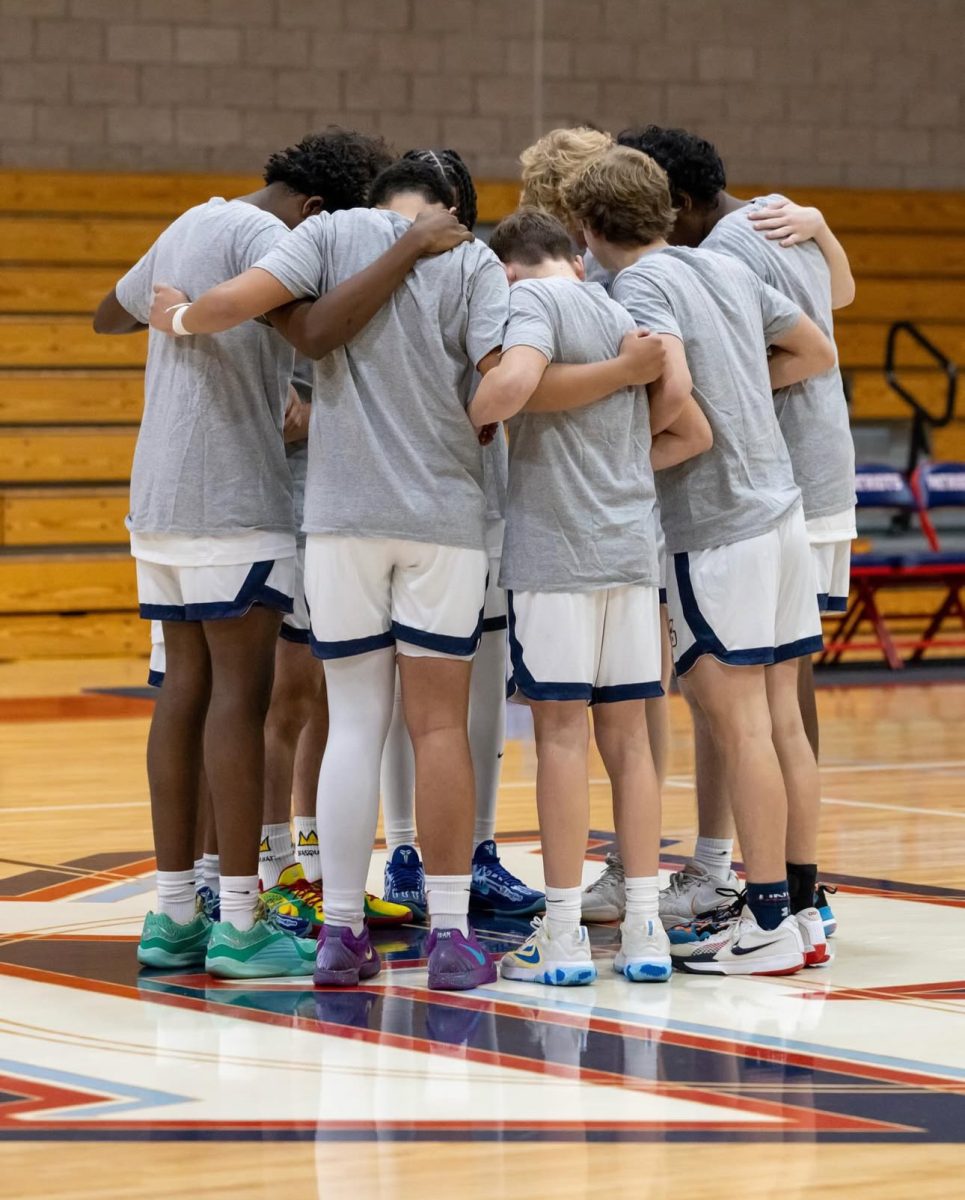Most athletes know that training and nutrition are vital to their athletic performance, but could something be missing? Sleep is one of the most important components of athletic performance and an athlete’s overall health.
According to the Mayo Clinic, sleep is the period in which the brain processes and takes in all of the information from the day. This means that sleep is when any important technique or new skill that was learned that day is retained, which allows it to become instinctual.
“Sleep should be a priority for high-level athletes,” said student Campbell Cummins. “Being well rested not only allows one to feel energized for practice or competition, but it betters one’s motivation to put in the work necessary to succeed.”
Sleep is also crucial to preventing injuries, as it allows your tissues to repair. While training, the body and tissues are under immense pressure, eventually leading to damage and deterioration. Sleep is the body’s time to restore tissue, decreasing the possibility of injury.
“I definitely noticed a difference when I was in high school, and I notice it as a coach as well,” said Parker Durrance, varsity cross country coach. “You all have so much to juggle as high schoolers, so the less you can be drained by the time you get to practice, the more focused you can be at practice. The more focused you are in practice, the better you will perform.”
Sleep is also shown to improve athletes’ reaction times and accuracy.
A study has shown that athletes who get 10 hours of sleep have a 10% accuracy increase, but athletes who lack sleep have seen a 50% decrease in accuracy. This study proves that athletes can sleep their way to success.









